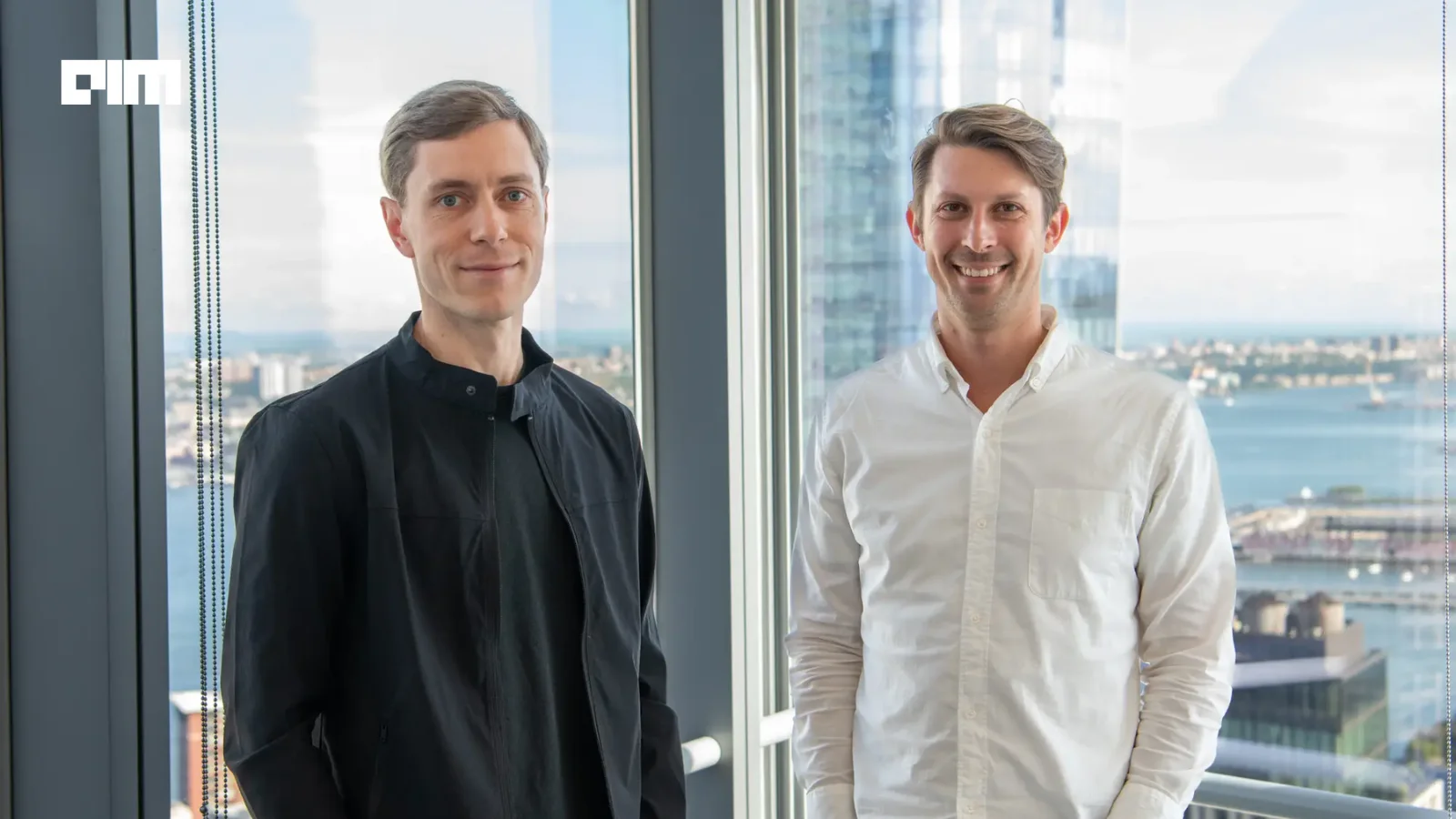How can AI agents boost lead conversion?

“We didn’t rush. We did the work."
In late 2023, David Walker and Zander Pease set aside six months to figure out what kind of company they wanted to build. “We gave ourselves six months. Not to build, not to fundraise, but to research,” Walker wrote in a LinkedIn post earlier this year. Five days a week, the pair met in venture capital offices across New York, brainstorming and interviewing what Walker described as “smart people” about emerging opportunities. They explored ideas ranging from logistics to healthcare before narrowing in on sales technology.
“AI and GTM kept coming up,” Walker wrote. By December 2023, they had landed on the concept for Spara, an AI platform designed to modernize inbound lead conversion. Less than two years later, the company just announced $15 million in seed funding led by Radical Ventures and Inspired Capital, with participation from XYZ Ventures, FJ Labs, Remarkable Ventures, and angels from OpenAI, Anthropic, and Google. The financing will support team expansion, product development, and investment in multimodal capabilities.
Building for a Changing Sales Model
Spara develops custom AI agents for voice, chat, and email that engage prospects, qualify them, and book meetings in real time. Each client’s model is trained on its own sales process, qualification criteria, and brand voice, and integrates with scheduling and customer relationship systems.
The platform is designed with enterprise requirements in mind. The company website highlights that it is SOC 2-compliant and can flag malicious or off-topic conversations for human review before continuing, aiming to ensure brand safety in high-stakes sales environments.
“Outbound is oversaturated to the point of irrelevance, while inbound systems haven’t evolved to meet modern buyer expectations. Spara is modernizing inbound and reshaping how products are sold,” said Walker in the company’s launch announcement. “Companies spend millions driving traffic to their websites, but the majority of leads leave without ever getting their questions answered. Spara closes that gap by allowing sales teams to capture revenue the moment it shows up.”
Investors see Spara’s focus on immediacy as a differentiator. “Spara is rethinking the way companies connect with buyers from the ground up, with AI at the core of their approach,” said Molly Welch, a partner at Radical Ventures. Chris Brown of Inspired Capital added, “David and Zander have the rare combination of deep GTM experience and technical fluency. As second time founders, they’ve lived the problem Spara is solving from all angles. Their clarity of vision stood out immediately.”
The company has reported early traction with customers in banking, software, and cybersecurity. A testimonial from Rho, a financial platform, saw the product book more than 90 meetings in a single month and convert half of qualified traffic, with an average chat-to-meeting time of under three minutes. “With Spara, we’re engaging buyers the moment they show interest - often within seconds,” said Tommy McNulty, Rho’s chief revenue officer. “That kind of speed has dramatically improved our conversion rates and freed up our reps to focus on closing.”
Fama, a workplace screening firm, used Spara to replace a post-inbound workflow, raising its email capture rate from 2.28% to 20.41%.
Raising Capital While Taking Time to Get It Right
The seed round comes as the conversational AI market is projected to grow from $11.6 billion in 2024 to $41.4 billion by 2030. For investors, the expectation is that platforms tailored to sales pipelines will become critical infrastructure for go-to-market teams.
Spara currently employs about 16 people, two-thirds of them engineers, with the rest in sales. The funding provides capacity to grow the team while continuing to refine product features such as multimodal responses and tighter integrations with customer systems.
For Walker, the measured lead-up to Spara’s launch is part of the company’s identity. “Ideas are one thing, but building a company is really about putting the right team together, taking time to understand the market, and allowing yourself to be wrong before you find what’s right,” he wrote on LinkedIn.
That approach helped secure early funding and credibility before the product was fully built. “We didn’t rush. We did the work. And now, we’re building something we hope will define not just our careers but also the next era of AI-driven innovation,” Walker added.
Key Takeaways
- Spara secured $15 million in seed funding to advance its AI agents for inbound lead conversion.
- The company develops customized AI agents for voice, chat, and email to qualify prospects and book meetings.
- Spara's platform emphasizes enterprise readiness, featuring SOC 2 compliance and brand safety measures.
- Founders spent six months researching market needs before building Spara, focusing on sales technology.